Rio Tinto and partners net $450m from Albanese government’s coal cap
Taxpayers will pay about $450m to Rio Tinto and its partners for losses incurred by the government’s coal price cap.
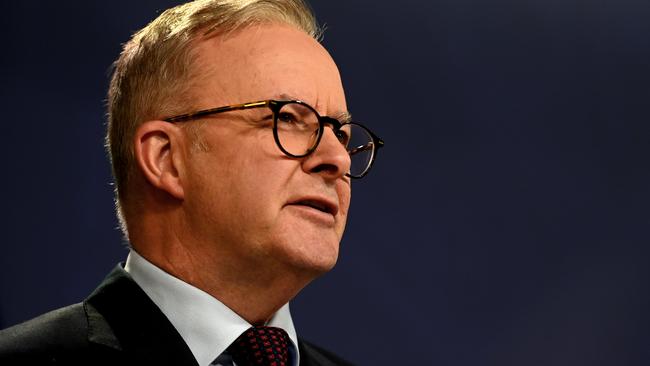
Taxpayers will be slugged about $450m to compensate mining giant Rio Tinto and its partners for anticipated losses incurred by the Albanese government’s coal price cap.
Queensland Treasury is close to finalising a deal on behalf of the federal government to reimburse owners of Gladstone Power Station for the $125-a-tonne cap agreed at national cabinet this month.
In the first of a handful of compensation deals with NSW and Queensland power plants, owners of Gladstone Power Station will be reimbursed to ensure supply of electricity during the 12-month domestic coal price cap.
The move is expected to inflame tensions between Labor, the Greens and crossbenchers, who have opposed compensation for fossil-fuel companies, and whose support the federal government relies on to pass legislation in the Senate.
Government sources say “maybe three or four” power stations in NSW will also be reimbursed, including those that were already locked into contracts to buy coal above the $125 cap.
Compensation schemes will differ among states, but power suppliers are expected to be paid “periodically”.
Price caps on coal and gas are part of the Albanese government’s intervention in the energy market, touted to save Australian households about $230 on power bills next year.
In the October budget, Treasury predicted electricity bills would rise by 63 per cent over the next two years, but the price caps are expected to reduce the increase to 47 per cent.
A federal government source said the rebate for Gladstone Power Station, of which Rio owns the largest share, was not expected to be higher than $450m. Queensland sources say recent negotiations had put the compensation bill up to $750m.
The final value will be calculated on losses incurred while the cap is in place with compensation to be split 50-50 between the federal and state governments.
An industry source said: “Any benefit (to power stations) is hard to estimate with confidence, as it will be dependent on coal prices and currency exchange rates over the period it applies”.
Anthony Albanese’s energy plan is being used to dampen predicted power price hikes this year, forcing generators to sell into the National Electricity Market as if they had paid $125 a tonne for coal, even if they had previously purchased it at a higher price.
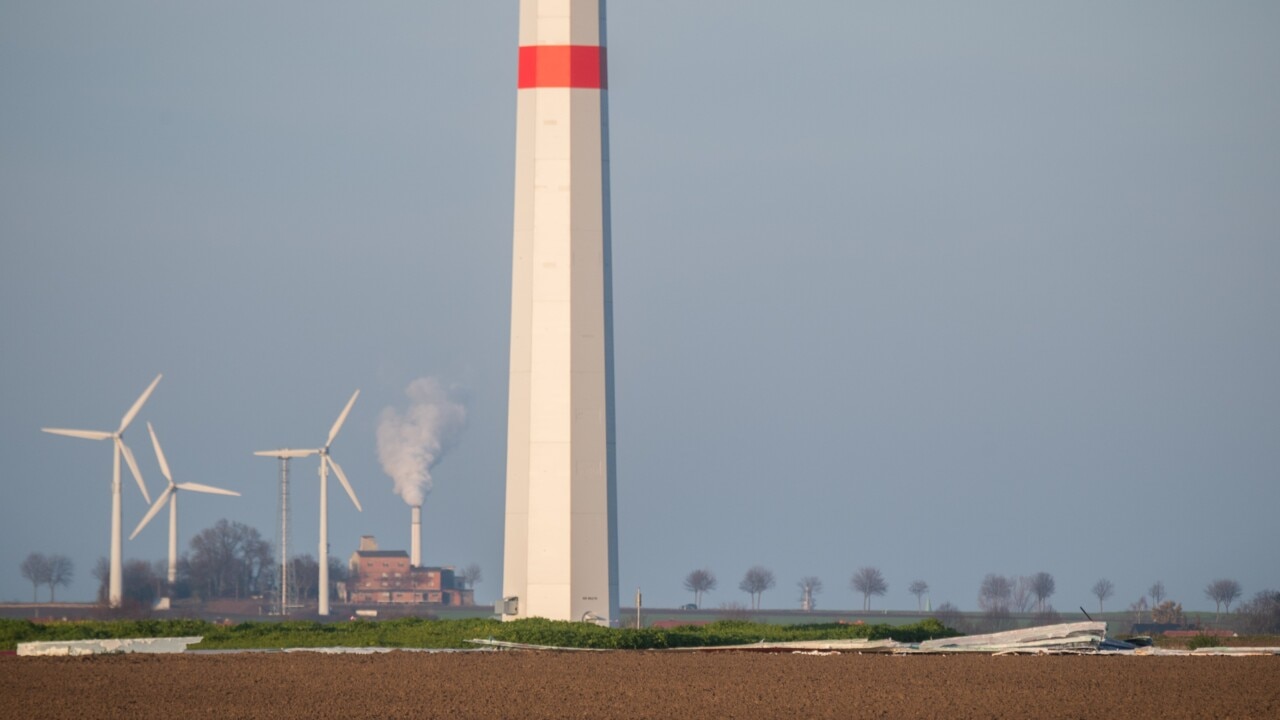
State-owned generators, which produce most of Queensland’s electricity, will wear forecast losses, with Premier Annastacia Palaszczuk agreeing to implement the cap after weeks of resistance. In exchange, the Prime Minister agreed to provide federal funding for early works on the Borumba and Pioneer dam pumped-hydropower projects and reinstate funding for the Rockhampton Ring Road.
Mr Albanese has said payments to coal companies were reasonable if production costs were higher than $125 a tonne. Gas producers were not expected to be compensated as the industry mostly relies on spot prices rather than long-term contracts.
A Queensland government spokesman said the final compensation bill for Gladstone would not be finalised until next year.
“The commonwealth and Queensland governments will share 50-50 the costs of the rebate to the Gladstone Power Station to be based on actual cost,” he said.
“As part of this partnership on energy security, the commonwealth will work with the Queensland government on a package of commitments to support the clean energy transition.”
Gladstone, one of two privately owned Queensland coal stations, largely services a nearby aluminium smelter and alumina refinery, which are majority owned by Rio. Excess power sold on the NEM has increased this year to cover supply problems at state-owned generators.
“We’ve needed Gladstone more than we normally would have,” a government source said.
The national energy plan passed through both houses of federal parliament at an urgent sitting this month, with support from the Greens, David Pocock and Jacqui Lambie in the Senate.
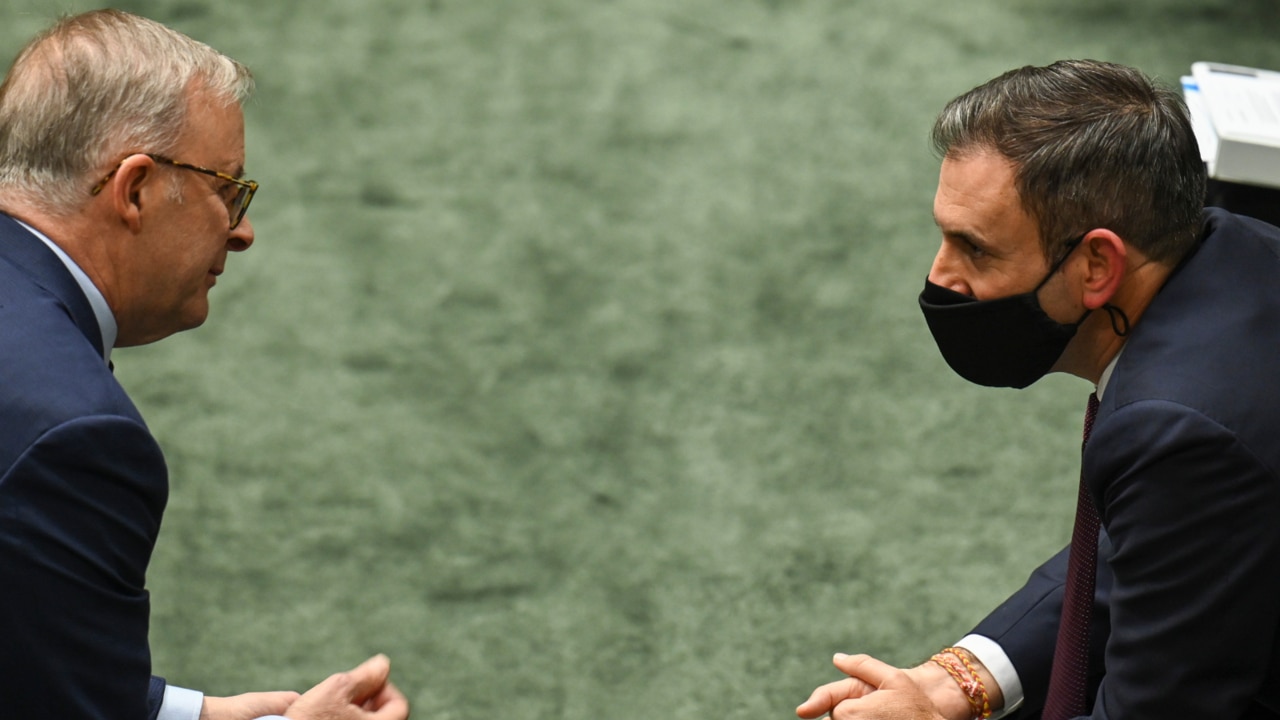
In exchange for their support of the legislation, the Greens secured a package to help low-income Australians and renters shift from gas to renewable electricity. The minor party opposes plans to compensate coal companies for the temporary caps, as does Senator Pocock.
“It is unconscionable that Australian taxpayers should have to pay compensation to companies to put a limit on the record wartime profits they have been making in selling our own resources back to us,” Senator Pocock said.
The taxpayer-funded compensation comes almost three years after Rio Tinto blew up a 46,000-year-old Aboriginal cave system when exploring for iron ore in Western Australia.
NSW Premier Dominic Perrottet recalled state parliament last week to pass laws forcing coal companies to cap domestic coal prices. In return, the federal government will spend $5bn on the NSW Snowy Hydro 2.0 project.
In Queensland, Treasurer Cameron Dick and Energy Minister Mick de Brenni have issued a ministerial direction to the government-owned power stations, enforcing the cap.
A spokeswoman for federal Energy Minister Chris Bowen said the government’s plan would shield families and businesses from energy price spikes.
“This plan will limit coal and gas prices, provide targeted energy bill relief to households and businesses who need it most,” the spokeswoman said.
Rio Tinto declined to comment.
More Coverage




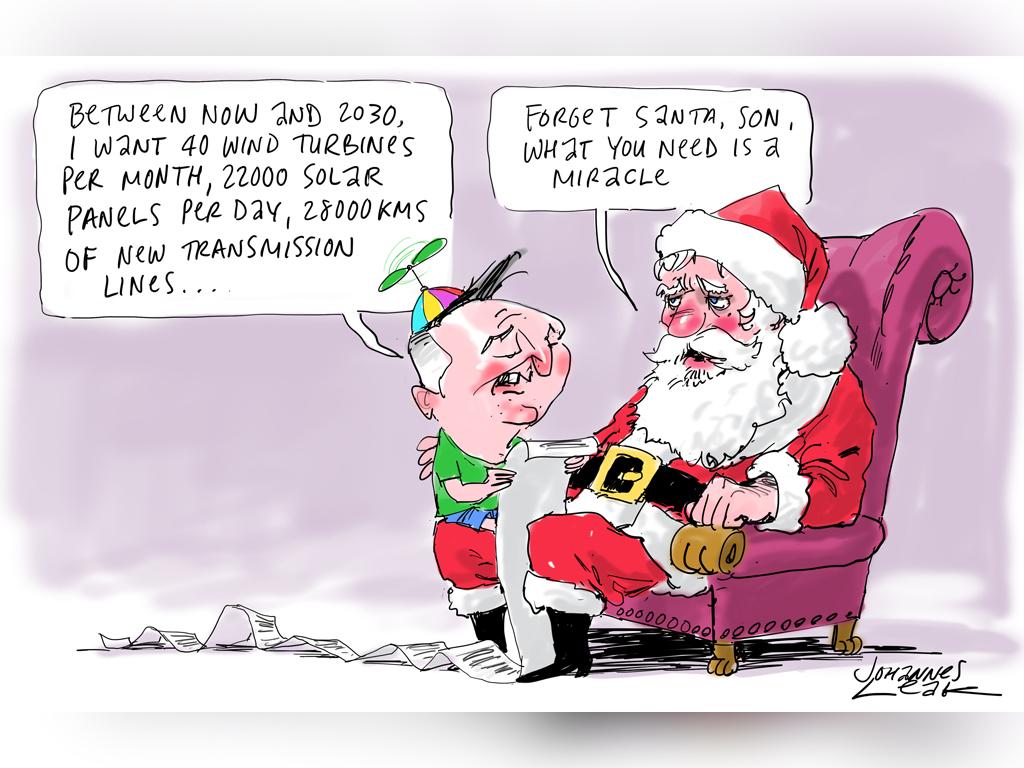

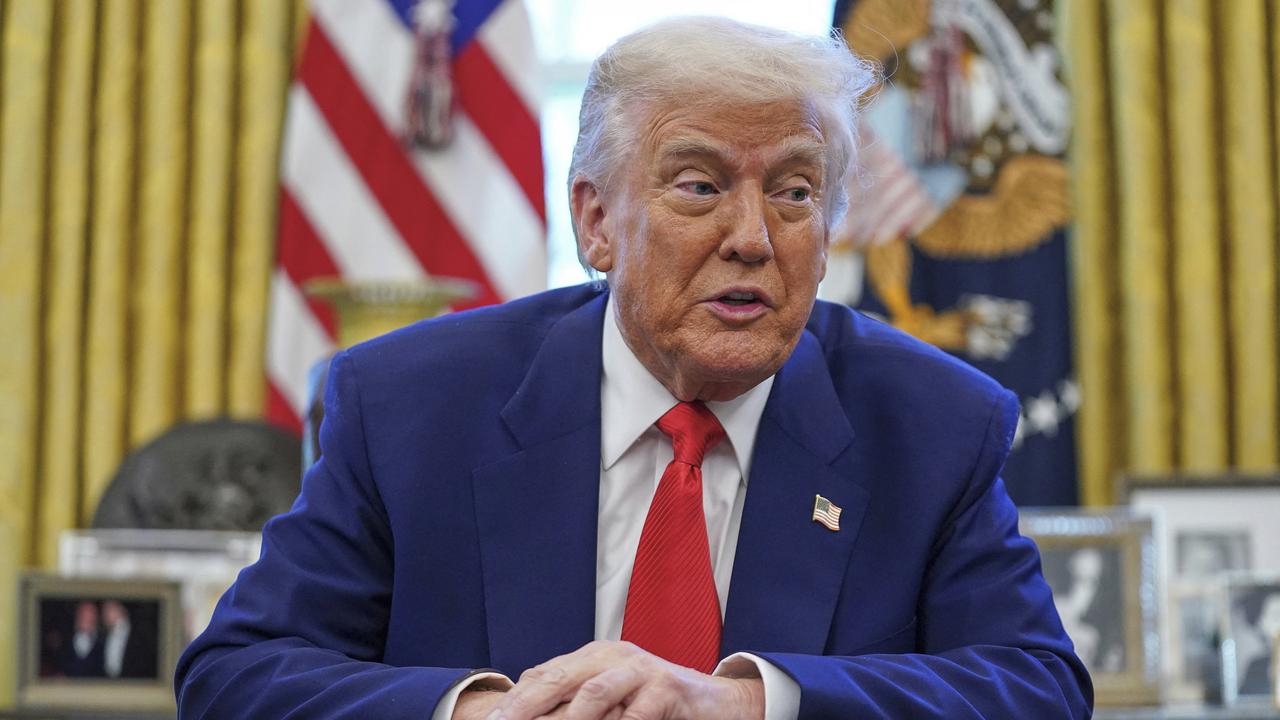
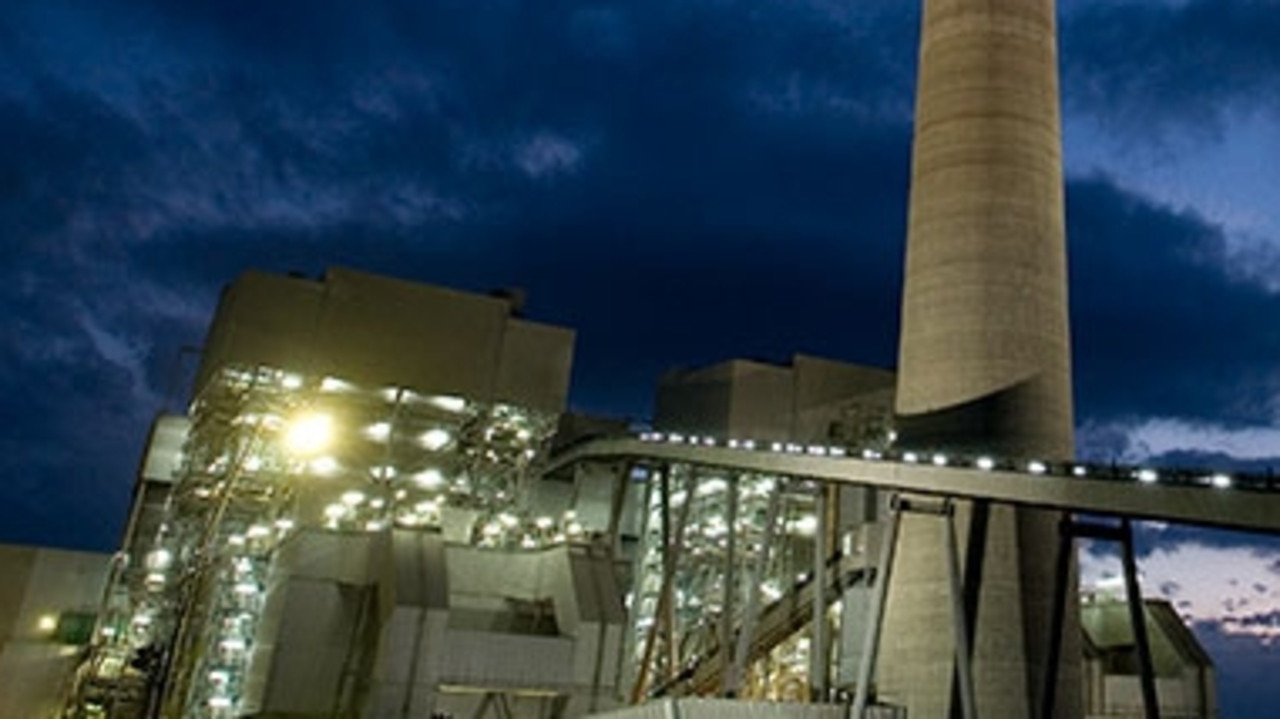
To join the conversation, please log in. Don't have an account? Register
Join the conversation, you are commenting as Logout